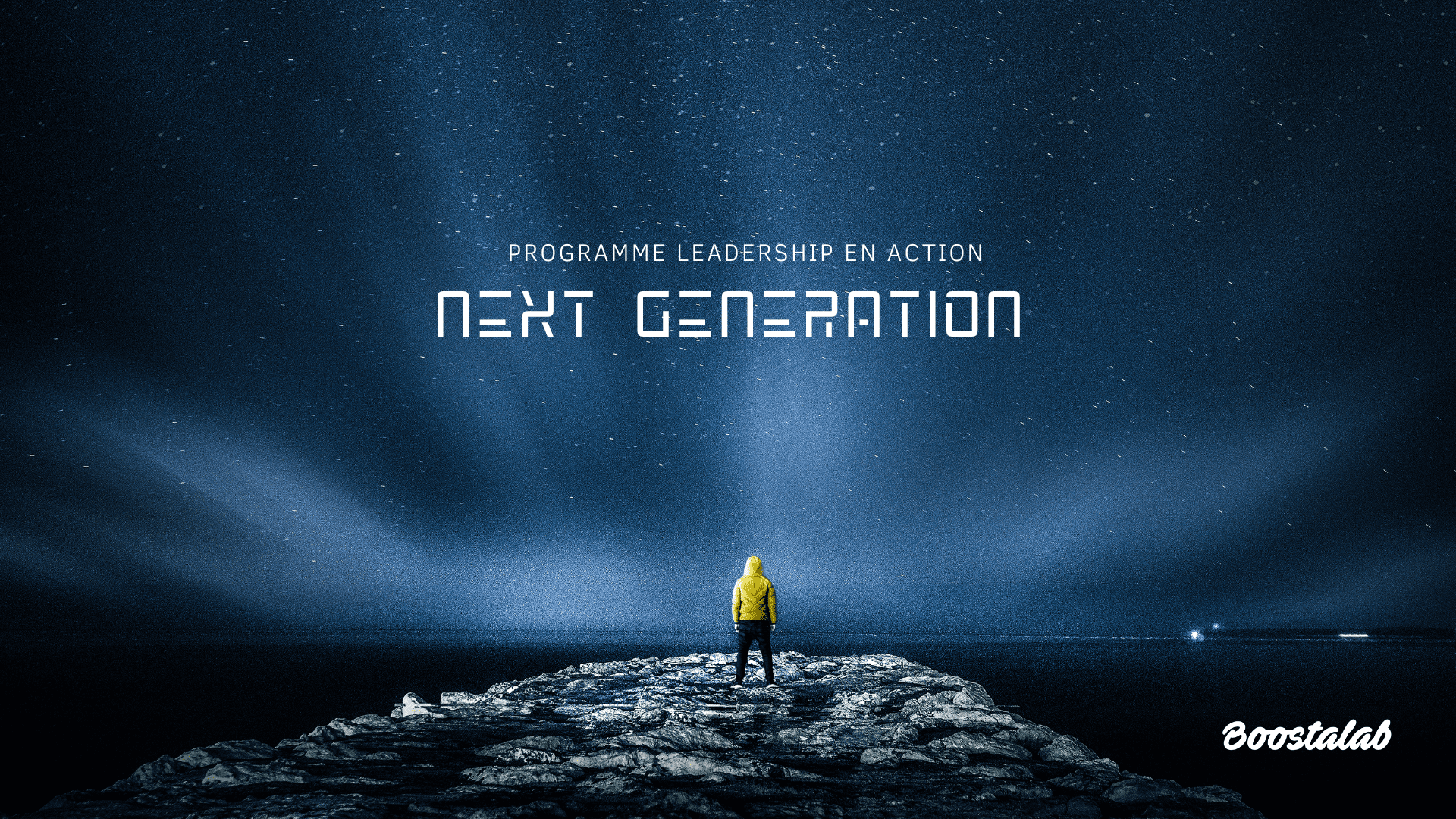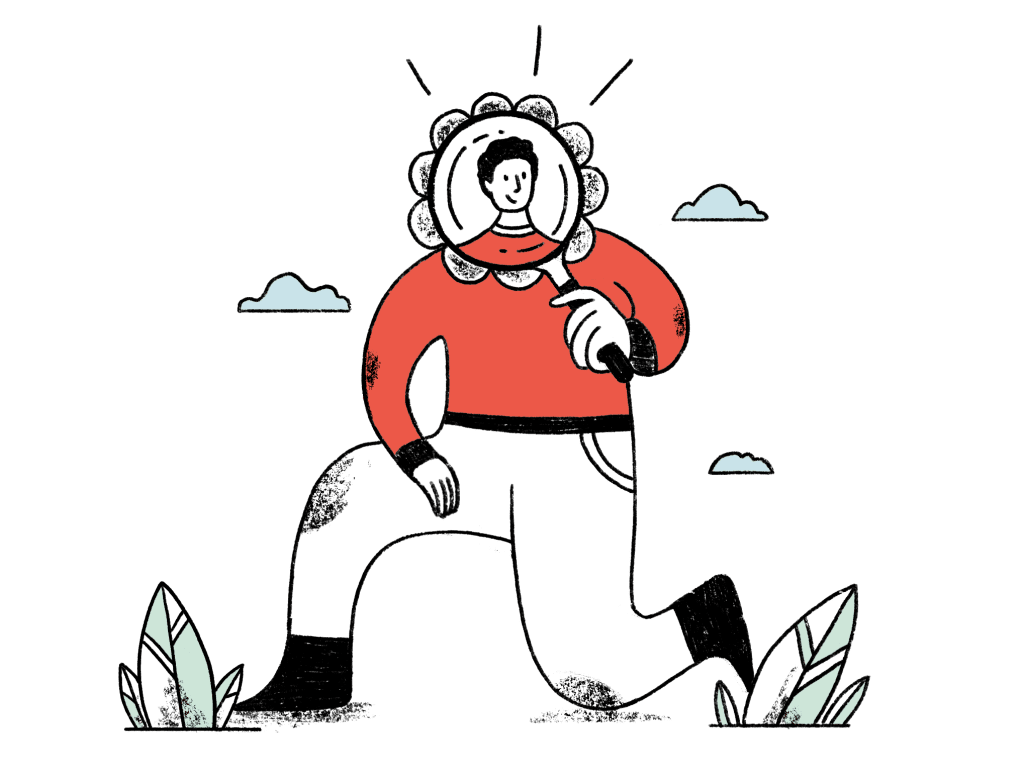
25 June 2024
27 August 2025

Sector
Public corporation, Lottery
Duration
Ongoing since 2023
Number of participants
Over 300 per year
Topics
Trust, psychological safety, impact and influence, excelling as a team, customer experience, digital agility, time and priority management, learning, courage
At Loto-Québec, a technology team was facing a major challenge: their legacy in-house systems, which they had worked on for years, were scheduled to be phased out within three years. For many employees, these systems weren’t just tools—they were familiar professional anchors. Some were even planning to retire using those same technologies.
Meanwhile, other teams were grappling with more human-centred challenges: interpersonal tensions, lack of shared language, and difficult collaboration. These issues—often invisible but very real—were undermining team cohesion and performance.
Beyond these immediate concerns, there was a broader need: strengthening organizational resilience in the face of constant transformation. And this went far beyond a digital transition. It called for a shift in how the organization approached learning altogether.
The first self-directed learning initiatives, launched without much structure, quickly showed their limits. While online learning platforms offer valuable accessibility and a wide range of content available anytime, that abundance can also feel overwhelming: too many options can leave learners feeling lost. Without proper guidance, learning alone can even become isolating—diminishing both motivation and engagement.
These early insights highlighted the importance of structure and support to make the most of these promising tools. As Luc Leblanc, Head of Department at Loto-Québec, put it:
People were learning all over the place, but the more they did, the less they felt like they were mastering anything.
To tackle these challenges, some teams in the IT, digital and AI sectors—supported by their Talent Development Partner—took a bold step: drawing inspiration from the Agile Manifesto to create a learning approach that was structured yet flexible, grounded in day-to-day reality, and based on a continuous learning mindset.
By aligning with agile principles, learning became a daily habit rather than a one-off event.
It’s not a one-time event—it’s a daily reflex. Today, if organizations want to be resilient and keep pace, everyone needs to be learning, every day.
After a pilot phase with a shared learning journey—refined using participant feedback—more targeted learning paths were developed based on different roles and levels of responsibility. This segmentation helped make learning more focused, relevant, and digestible.
Even more importantly, learning became part of the teams’ deliverables, which helped legitimize the effort: learning was no longer an extra task—it became part of the job. Luc Leblanc explains :
We wanted to show that it’s possible to make time for learning, even in project mode. Within three to six months, there was a real shift in mindset. People got on board and started seeing the benefits.
Another key pillar of the initiative was the cohort model. Each learning group followed the same journey at the same time. This intentional synchronicity encouraged discussion, peer recognition, and stronger connections among colleagues. At the end of each journey, reflection sessions were held to spark dialogue and support the application of new skills.
As Kim Dufour, Head of Department, emphasized:
More than the tools, it was the cohort and the social side of learning that had the biggest impact.
The approach leaned on well-known behavioural drivers in learning: group dynamics, fear of missing out (FOMO), a sense of belonging, the need to share, reflect together, and validate one’s ideas. This social amplification helped address the biggest downside of self-paced learning: isolation.
In parallel with the technology shift, other teams focused on culture and communication challenges. With support from Boostalab’s online learning tools and team workshops, members built a shared vocabulary and developed key skills for better teamwork.
Each month, Kim Dufour’s team explored one theme, following a structured sequence: context-setting, self-paced online learning, team discussions, practice, feedback, and finally choosing the next theme. This simple, hands-on cycle helped create consistent momentum in skill development.
People love learning and working together—the cohort, the social dynamic, the chance to debate and discuss, the bite-sized approach—it’s all really appreciated.
This approach led to many positive outcomes. First, it reignited the joy of learning. What used to feel like a chore or a checkbox became something people looked forward to. By embedding learning in the flow of work, Loto-Québec helped normalize and de-stigmatize training.
Another major outcome was reduced professional isolation. Cohort-based learning fostered peer support, boosted trust, and helped teams rally around shared goals.
Buoyed by this success, the Talent, Leadership and Culture Development team continues to support new agile learning initiatives, which are spreading thanks to word-of-mouth and a growing number of managers eager to bring learning into their team’s day-to-day.
Loto-Québec’s experience shows that a technological challenge can become a powerful catalyst for human and organizational innovation. By choosing a real-world, agile learning approach, the organization turned a sense of urgency into a strategic opportunity.
The creation of a structured, social, and embedded learning model helped break silos, renew ways of working, and strengthen team cohesion. Instead of looking for a one-size-fits-all solution, Loto-Québec embraced an iterative, adaptive process grounded in experimentation and collective intelligence.
There’s no magic recipe—but we now know that learning has to be part of the everyday, not just a once-in-a-while activity
Today, learning is part of the DNA of many teams at Loto-Québec. It’s no longer seen as an add-on, but as a reflex. A reflex that, day after day, helps build a culture that’s more resilient, more human, and more in tune with the realities of the working world.
Loto-Québec’s journey reminds us that:
→ Learning is not a luxury—it’s a critical condition for transformation.
→ Embedding learning into the everyday, supporting it with leadership, and leveraging group dynamics are powerful engagement drivers.
→ Flexibility and experimentation, when supported, empower teams to grow with confidence.
→ Shifting from a training culture to a learning culture paves the way for a truly learning-centred organization.

Realisations